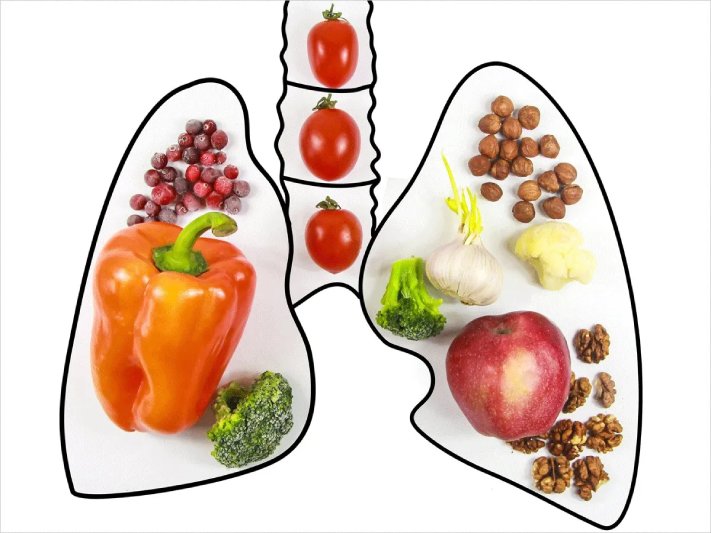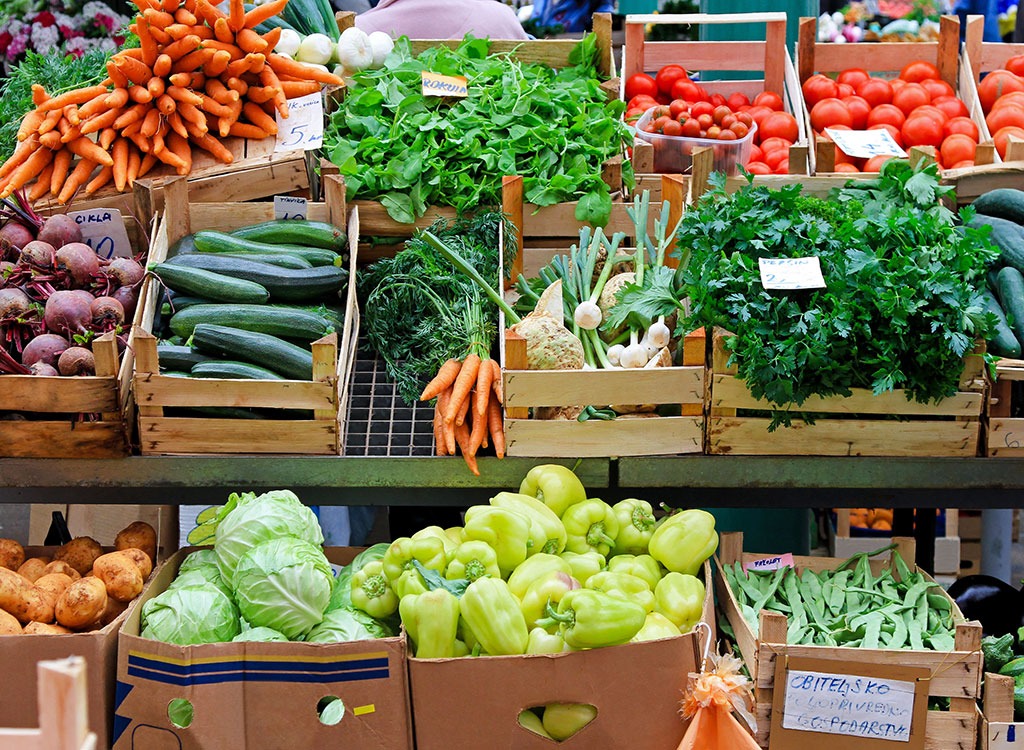New evidence from Reducing Activation of Tuberculosis by Improvement of Nutritional Status (RATIONS) trial shows that improved nutrition among contacts of patients with infectious lung TB can reduce the incidence of all forms of TB by 40 per cent and of infectious TB by nearly 50 per cent. Significantly, it also found that early weight gain in underweight patients with TB can reduce their risk of mortality by 60 per cent.
When an 18-year-old tribal from Jharkhand was detected with TB, he was a wasted body, weighing just 26 kg, bound to a bed and with no hope of living. With the family barely managing to get one square meal a day, his condition deteriorated. But when given nutritious food packets, the boy’s body weight increased by 16 kg in six months. He was part of a trial that showed a good diet and nutrition not only helped in preventing tuberculosis (TB) incidence in vulnerable people living with infected patients but also curbed mortality in patients themselves. The findings were a result of two new studies by ICMR and have been published in The Lancet and The Lancet Global Health journals. Conducted in Jharkhand, these offer the first evidence that providing extra nutrition is effective in preventing TB cases and mortality in India.
New evidence from Reducing Activation of Tuberculosis by Improvement of Nutritional Status (RATIONS) trial shows that improved nutrition among contacts of patients with infectious lung TB can reduce the incidence of all forms of TB by 40 per cent and of infectious TB by nearly 50 per cent. Significantly, it also found that early weight gain in underweight patients with TB can reduce their risk of mortality by 60 per cent. An early weight gain in the first two months was associated with 60 per cent lower risk of TB mortality. The other benefits to patients were higher treatment success, better weight gain, low rates of loss to follow up.
As per the trial, 10 345 household contacts of 2,800 TB patients were randomised to receive regular food parcels and additional micronutrients –750 kcal, 23 gm proteins. A total of 5,621 people were given the nutrient-dense food for a year while 4,724 people received food parcels with no extra nutrition. At the end of the trial, there was a 39 per cent reduction in TB incidence in the intervention group versus the control one. The second study followed 2,800 patients with TB over six months and found that weight gain during the extra nutrition treatment was associated with reduced risk of mortality, especially within the first two months when deaths occur. Instantaneous risk of death was reduced by 13 per cent for a one per cent weight gain and 61 per cent for 5 per cent weight gain.
These findings come at a time when the Government is chasing Prime Minister Narendra Modi’s deadline of eliminating TB by 2025. Significantly, these can have implications at the policy implementation level. Under the national TB programme, patients who get diagnosed with tuberculosis are given Rs 500 monthly nutritional support through direct benefit transfer for the duration of their treatment. Since its introduction in 2018, $ 244 million has been provided under this Ni-Kshay Poshan Yojna. Other than that, the government also started the Ni-kshay Mitra programme last year allowing volunteers to provide monthly nutrition kits to their adopted patients.
In India, three million new TB cases were recorded in 2021 with 4,94,000 deaths, representing 27 per cent of the global TB incidence and 35 per cent of deaths, according to the WHO Global Tuberculosis Report, 2022.
Experts point out that both studies are significant because under-nutrition has now emerged as the leading risk factor for TB globally and simple dietary interventions have been found to reduce TB incidence. “The results of the trial are significant as it shows improved nutrition in family members has worked at the community level,” say lead authors Dr Anurag Bhargava of the Department of Medicine,Yenepoya Medical College, Mangalore, and Dr Madhavi Bhargava.
“The study is the first of its kind in the world and the question was can a nutritional intervention reduce TB incidence?,” says study co-author, Dr Soumya Swaminathan, Chairperson of the M.S. Swaminathan Research Foundation and former Chief Scientist of the WHO. “It is wonderful that the evidence is coming from India that will also inform global policy. Essentially, a good nutritional package that provides a substantive amount of calories, proteins and micronutrients should be given to the household members of TB patients.” Study findings showed a reduction of all forms of TB incidence by 40 per cent. Only three per cent were able to work at enrolment, but this figure rose to 75 per cent at the end of treatment.
What does this mean in terms of implementable schemes? According to the study, approximately 30 households (111 household-contacts) would need to be provided nutritional supplementation to prevent one case of TB. About 47 patients would need to be given food support to prevent the incidence of one case. The cost of a food basket was Rs 1,100 for every patient per month and Rs 325 per contact every month (at 2019 prices).
The three-year study was conducted between August 2019 and August 2022 in four districts of Jharkhand in collaboration with the National TB Elimination Programme and National Institute for Research in Tuberculosis, Chennai. This was supported by the Indian Council of Medical Research (ICMR).
Jharkhand was chosen as a trial site because it has a high burden of TB (52,179 cases notified in 2021, and an annual case notification of 130 of 100 000) and the second highest level of multi-dimensional poverty. All participants received a monthly 10 kg food basket (rice, pulses, milk powder, oil) and multivitamins for six months. In family members, the intervention group received 5 kg rice and 1.5 kg pulses per head per month (50 per cent of these if families had a child less than 10-year-old. “That a low-cost food-based nutritional intervention could prevent TB to a significant degree is very encouraging”, Dr Bhargava said while referring to some of the success stories in the study.
NUTRITION AND TB
) More than two-thirds of trial participants were tribals, most of whom were accessing ration from the PDS.
2) Undernutrition (BMI<18.5 kg/m2) was prevalent in four out of five patients, with severe undernutrition(BMI<16 kg/m2) in nearly half of these.
3) Prevalence of HIV, diabetes, MDR-TB was low but alcohol and tobacco use was high.
4) Nearly one per cent of patients were hypotensive, hypoxic, or were unable to stand, indicating need for in-patient care.
5) One of three contacts across all ages had undernutrition at enrolment.
6) There was a 39 per cent reduction of incidence of all forms of TB and a 48 per cent reduction of incidence of infectious TB in the intervention group of families.




